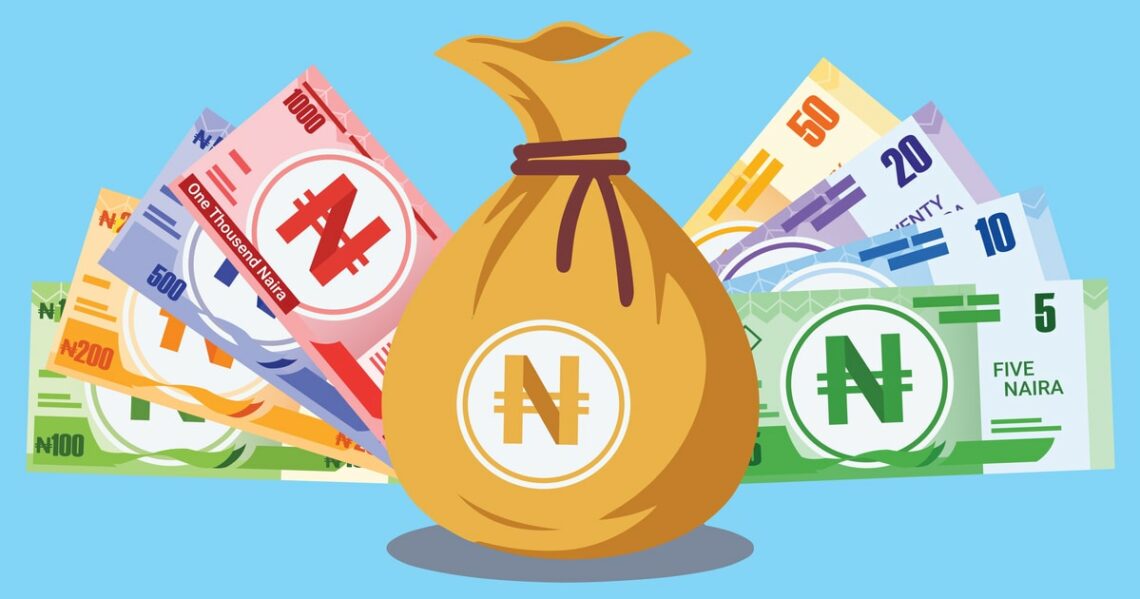Foreign capital inflows into Nigeria surged to $5.64 billion in the first quarter of 2025, but over 90 per cent of that figure was driven by short-term speculative investments, according to new data from the National Bureau of Statistics (NBS).
The capital inflow marks a 67 per cent increase year-on-year but is heavily skewed toward “hot money” largely attracted by high yields on money market instruments.
About $4.21 billion, or 74.6 per cent, was invested in OMO bills and Treasury Bills issued by the Central Bank of Nigeria (CBN). Another $877.41 million went into government bonds, while just $126.29 million was recorded as foreign direct investment (FDI).
Analysts warned that this pattern reflects a structural imbalance. “Nigeria is relying too heavily on speculative capital inflows to stabilize the naira instead of building long-term productive capacity,” said one Lagos-based economist.
The CBN’s hawkish monetary stance—with interest rates reaching record highs—has helped attract foreign investors eager for double-digit yields. Yields on some CBN instruments are as high as 25 per cent.
But the heavy reliance on portfolio inflows exposes the economy to volatility, especially in the event of shifts in global monetary conditions or domestic political risks.
Despite the short-term boost, the country still struggles to attract sustainable FDI that can create jobs and support economic growth.




